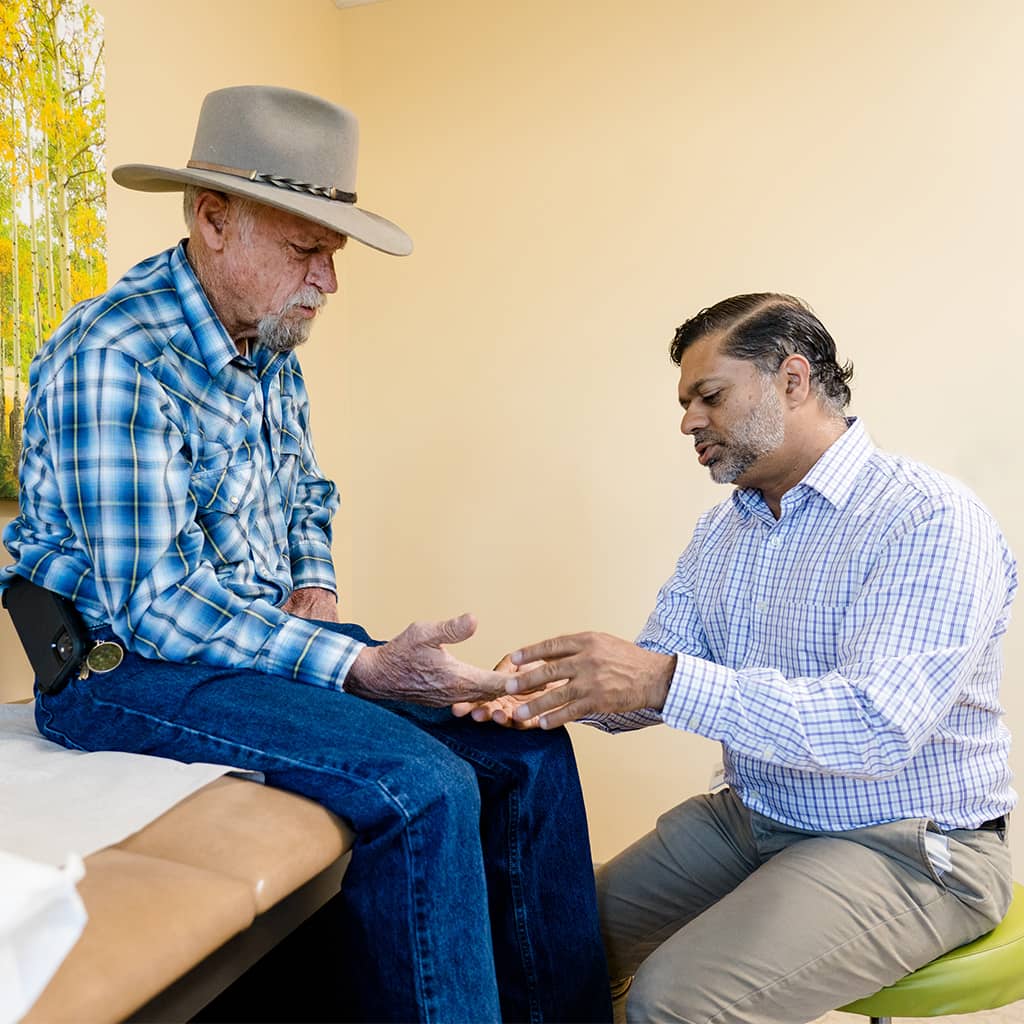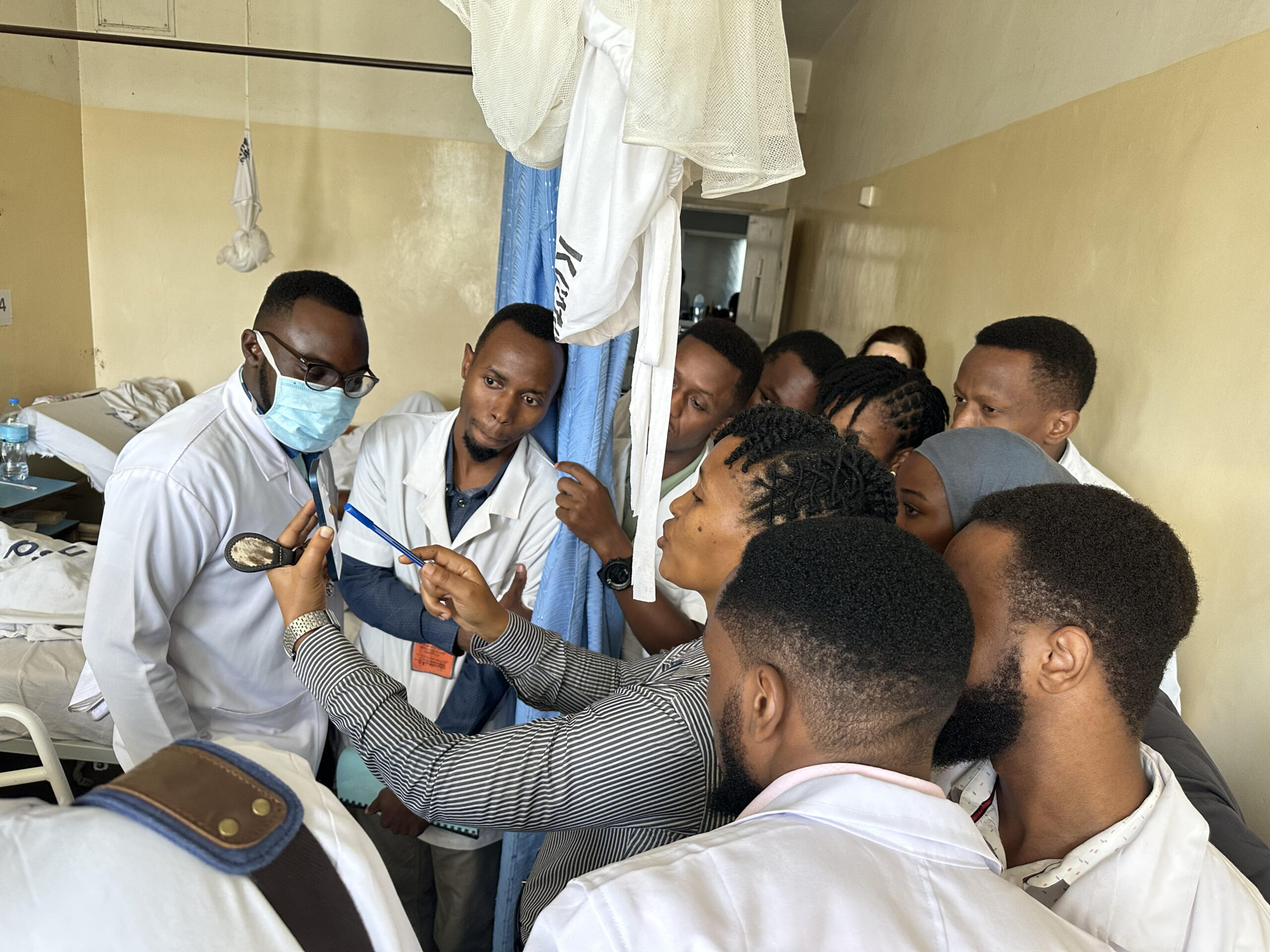Alzheimer's and Memory Disorders Program
Support compassionate care and cutting-edge research that can transform the Alzheimer’s disease journey.
Your Donations Make a Difference for Patients and Their Loved Ones
Alzheimer’s disease has a profound and devastating impact on both patients and their loved ones. At first, those diagnosed with Alzheimer’s may forget important dates, events, and directions to familiar places. As the disease progresses, they can lose their sense of time and place and may experience drastic changes in mood or personality.
The most difficult part of Alzheimer’s comes when a loved one no longer remembers their spouse of 50 years or their children and grandchildren. This is the painful reality for the nearly 7 million Americans living with Alzheimer’s and the more than 11 million family members providing full-time care.
Your Donations Make a Difference for Patients with Alzheimer's Disease
The Alzheimer’s and Memory Disorders Program is committed to providing world-class, comprehensive care to patients and vital support services to their loved ones. Its outreach and support team is 100% funded by philanthropy and impacts more than 2,000 patients and caregivers each year. Some of the ongoing programs and services led by this dedicated team include Memory Cafes, Care Partner Symposiums, educational workshops, support groups, memory screenings, and monthly Spanish Self-Care Workshops for care partners. They also provide educational presentations to community organizations several times a month. These presentations discuss everything from the latest research and treatments, to behavior changes associated with different types of dementia, to general brain health.
Your Support, Their Stories
Grateful Barrow patients and families share how the memory disorders team impacted their lives.

“I am grateful for Dr. Burke and the entire Barrow memory disorders team for giving Connie and I a clear understanding of her diagnosis and for their compassionate sense of support.”
[Name Title]
After Connie was diagnosed with frontotemporal dementia (FTD), Barrow provided her with world-class care and David with infinite support.

Your Generosity Accelerates Alzheimer's and Dementia Research
Advanced Imaging Biomarkers
Default Mode Network
Alpha-Synuclein in Dementia
Working Memory Training
Repurposing Drugs for Alzheimer's
You Inspire the Next Generation of Alzheimer's Specialists
Discover More Programs
At Barrow Neurological Foundation, your donation is crucial in supporting three key areas: advanced patient care, curative research, and education for the next generation of neuroscientists. Learn more about how your donation impacts each of the areas we treat.
Support groundbreaking research and clinical trials to give ALS patients a better quality of life.
Support Barrow scientists in developing lifesaving treatments for aneurysm and AVM patients.
Help Barrow provide patients from all walks of life with exceptional concussion and TBI research, treatment and care
Help us improve access to neurological care in the developing world through world-class education and training.
Support the Ivy Brain Tumor Center’s mission to find a cure for brain cancer.





